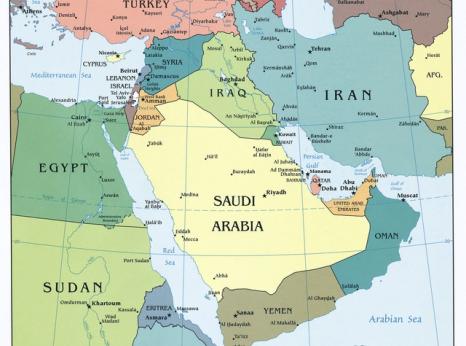Saudi Arabia: Halt Imminent Execution Of Two Bahraini Men

In the absence of transparent information around judicial processes in Saudi Arabia, particularly in death penalty cases, families only find out about the fate of their loved ones through the media. Amnesty International’s assessment of the Supreme Court’s decision to uphold the death sentences of Jaafar Mohammad Sultan and Sadeq Majed Thamer indicates that is evident of the men’s imminent risk of execution since families are not informed when the King ratifies death sentences.
On 13 March 2022, Saudi Arabia’s Ministry of Interior announced the execution of 81 people, a shocking mass execution spree of people who had been convicted of a wide range of offences, including “terrorism”- related crimes, murder, armed robbery and arms smuggling. A number of those executed were also convicted of offences such as “disrupting the social fabric and national cohesion” and “participating in and inciting sit-ins and protests” which describe acts that are protected by the rights to freedom of expression, peaceful assembly and association. 41 of those executed were from Saudi Arabia’s Shi’a minority.
Amnesty International has documented the pattern of repression targeting the Shi’a community in Saudi Arabia, namely through the Specialized Criminal Court that has issued harsh prison and death sentences following grossly unfair trials, marred by allegations of torture during detention which the prosecution has failed systematically to investigate.
In early 2021, the Saudi Arabian authorities announced changes in relation to the death penalty, including a moratorium on executions for drug-related crimes, which are death sentences handed down at the judge’s discretion rather than mandated under Sharia law. While this moratorium appears to have been implemented, it has yet to be formalized and remains unofficial as long as existing narcotics laws carry the death penalty and individuals previously sentenced to death for drug-related crimes remain on death row. Moreover, courts continued to impose death sentences and individuals are executed for other crimes where judges can issue a death sentence at their discretion. Jaafar Mohammad Sultan and Sadiq Majeed Thamer were both sentenced to death in a discretionary sentence.
The death penalty is a cruel, inhuman, and degrading punishment. Amnesty International opposes the death penalty in all cases without exception, regardless of who is accused, the crime, their guilt or innocence or the method of execution.